Australia joins Clean Seas and pledges to recycle or compost 70 per cent of all plastic packaging by 2025
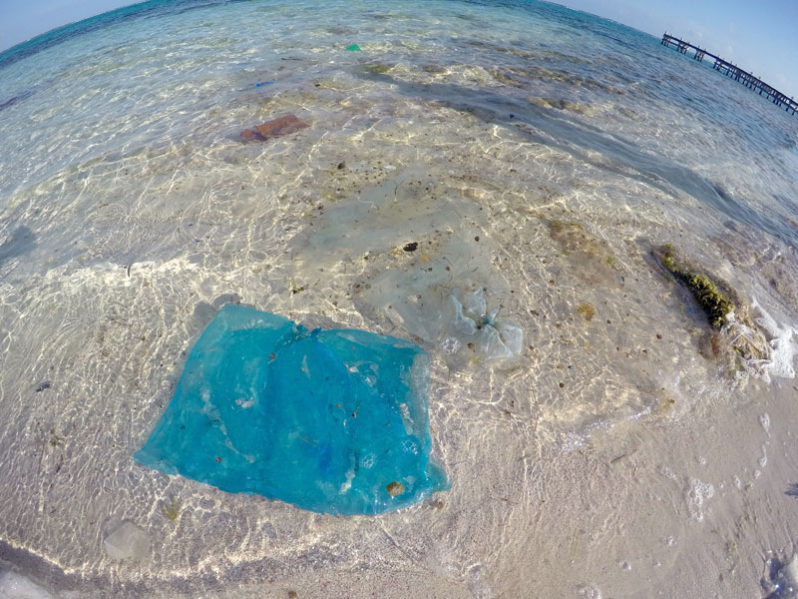
Australia becomes the latest country to join the movement to turn the tide on plastic, as Melissa Price, the country’s minister of the Environment, announces that the country is joining the Clean Seas campaign. Among other things, the country is pledging that 100 per cent of Australia’s packaging will be reusable, compostable or recyclable by 2025, and 70 per cent will be recycled or composted by 2025.
How microplastics, marine aggregates and marine animals are connected
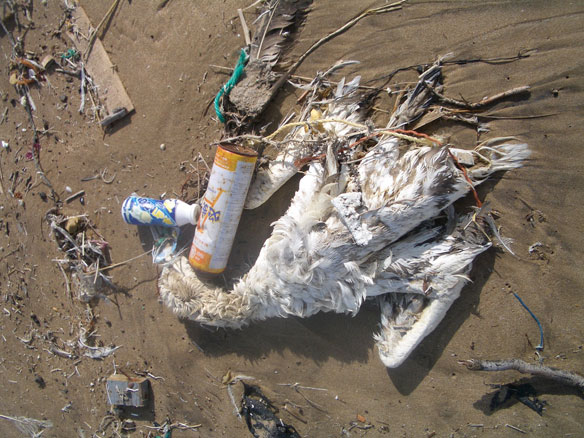
Prior research has suggested that mussels are a robust indicator of plastic debris and particles in marine environments. A new study says that’s not the case because mussels are picky eaters and have an inherent ability to choose and sort their food. Instead, the researchers have discovered that marine aggregates also called ”marine snow,” play a much bigger role in the fate of the oceans when it comes to plastic debris.
Plastic pollution has increased a hundredfold in remote parts of the South Atlantic
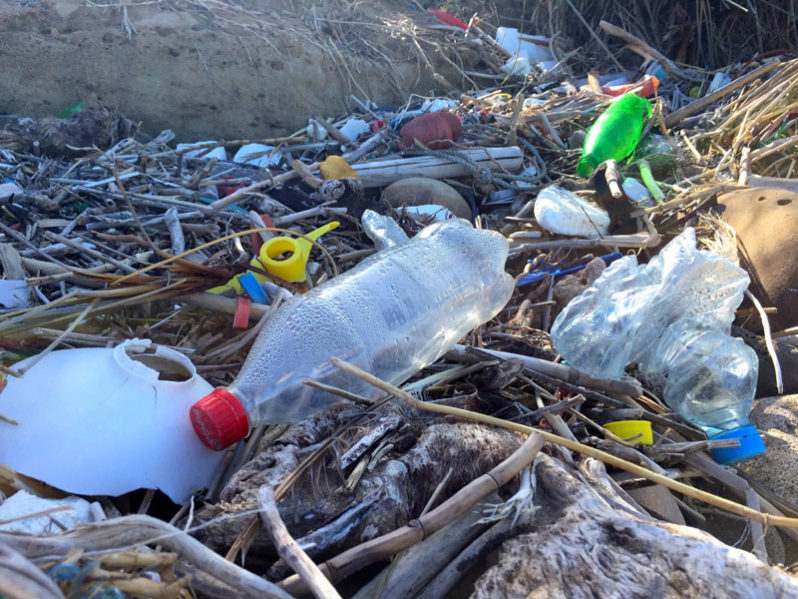
The amount of plastic debris in the ocean waters of the British islands in the South Atlantic — some of the most remote places on the planet — has increased hundredfold in the last 30 years, according to a new study.
These 10 companies are flooding the planet with throwaway plastic
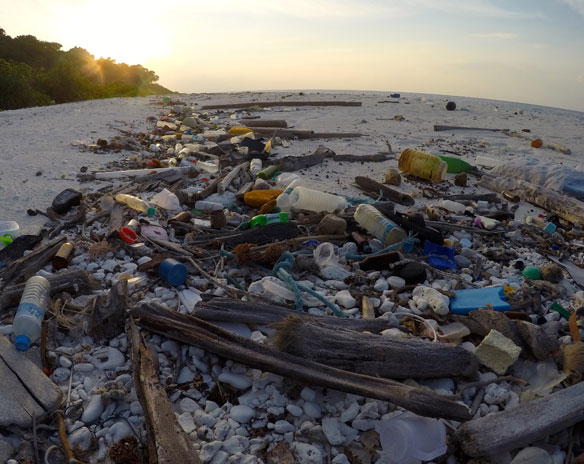
Nine months, six continents, 239 cleanup events, and more than 187,000 pieces of trash later, we now have the most comprehensive snapshot to date of how corporations are contributing to the global plastic pollution problem.
This floating pipe is trying to clean up all the plastic in the ocean
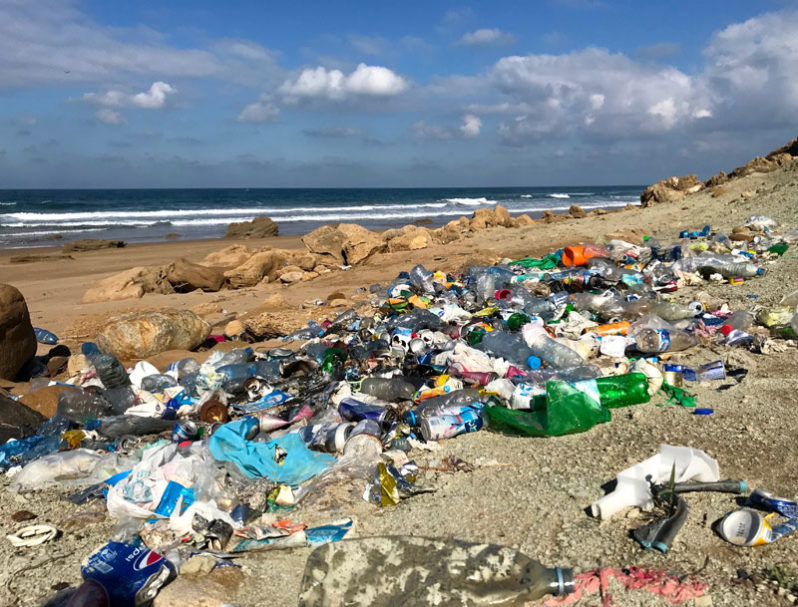
A 2,000 foot-long floating pipe nicknamed Wilson is about to start its mission to collect all the plastic in the middle of the Pacific Ocean.
Microplastics found deep in sand where turtles nest
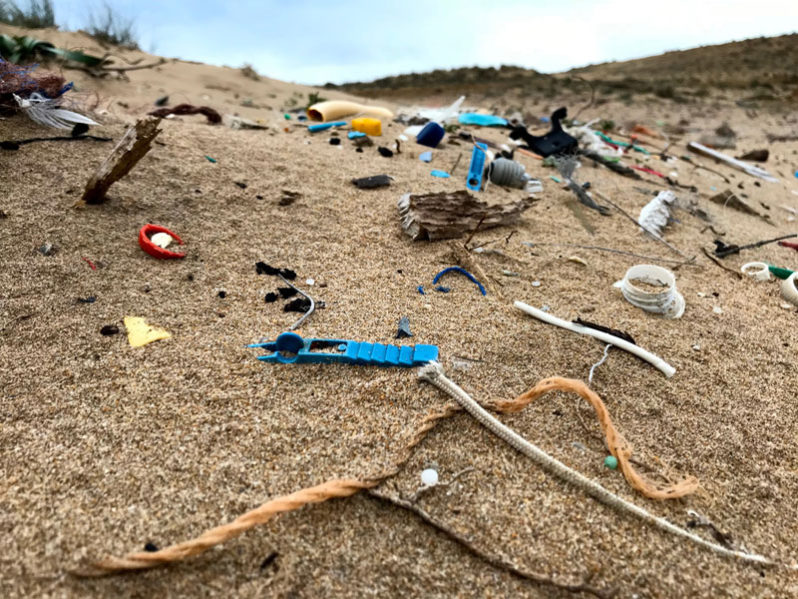
Scientists found an average of 5,300 particles of plastic per cubic metre at depths of 60cm (2ft) on beaches in Cyprus used by green turtles and loggerheads. These beaches in Cyprus are located far from industrial practices and aren’t visited by large numbers of people. The findings support the theory that beaches act as a “sink” for marine micro plastics.
More than ever, our clothes are made of plastic. Just washing them can pollute the oceans.
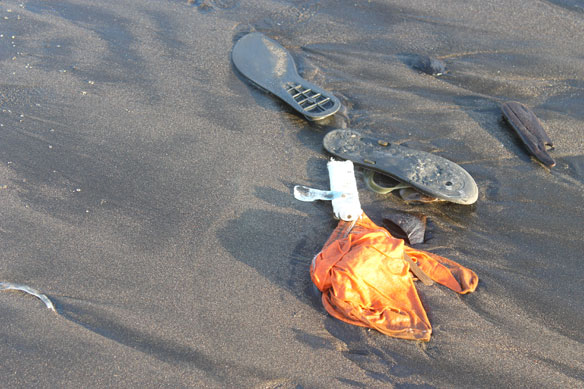
It’s no secret that too many of the plastic products we use end up in the ocean. But you might not be aware of one major source of that pollution: our clothes.
Micronizing ocean plastics threaten sea turtle populations, ocean life cycle
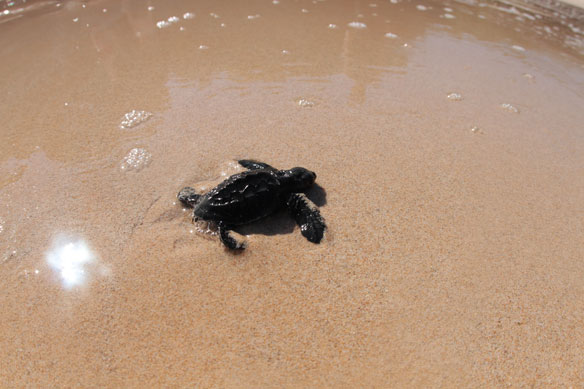
Ingestion of degrading ocean plastics likely poses a substantial risk to the survival of post-hatchling sea turtles because the particles can lead to blockages and nutritional deficiencies, according to new research.
Remember that kid who invented a way to clean up ocean plastic? He’s back, and it’s happening
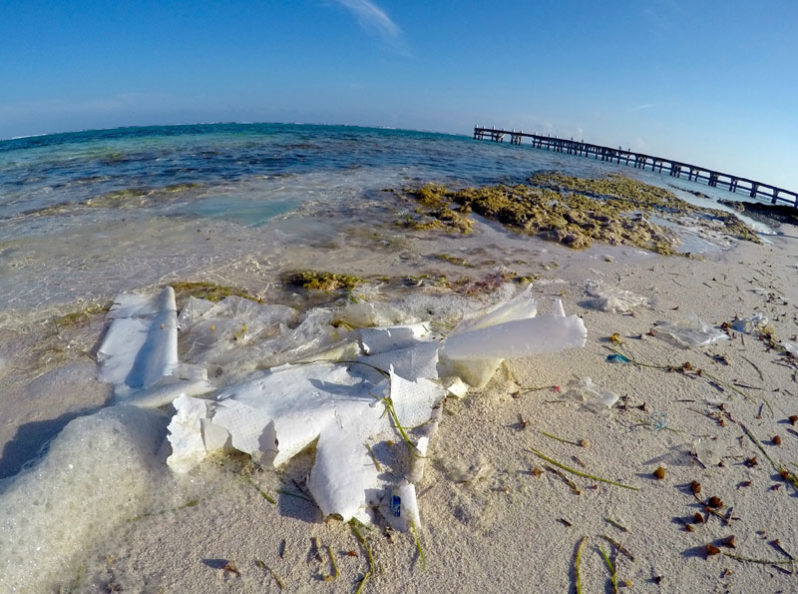
Boyan Slat’s solar-powered booms will soon be in the Pacific Ocean.
